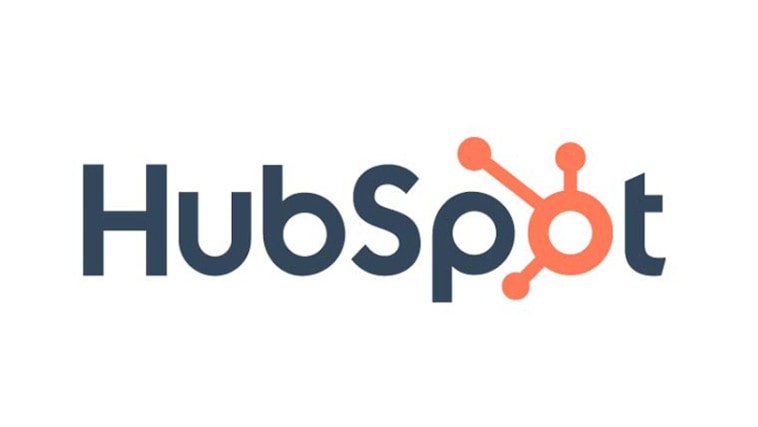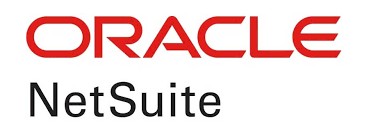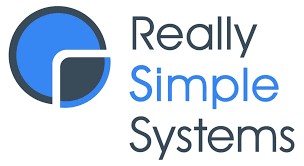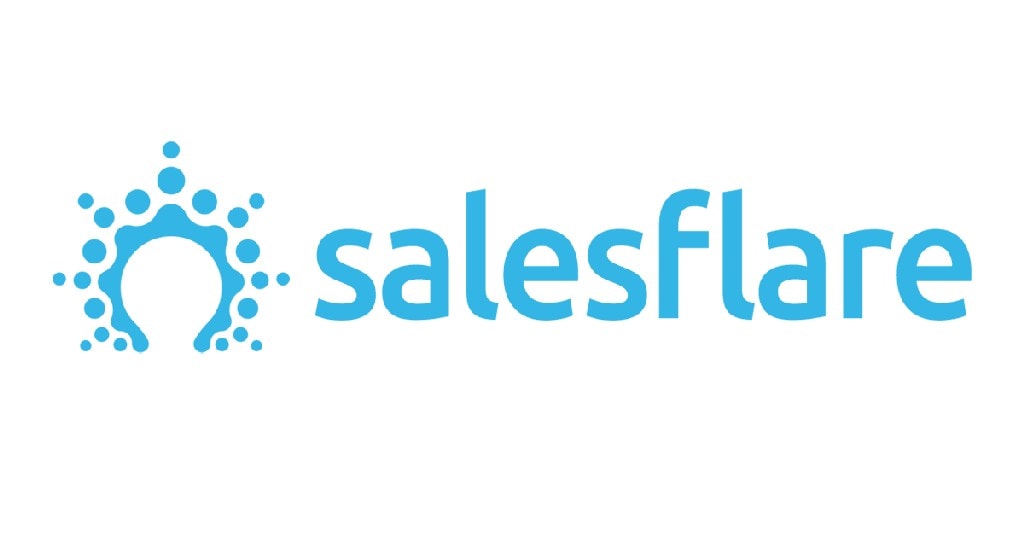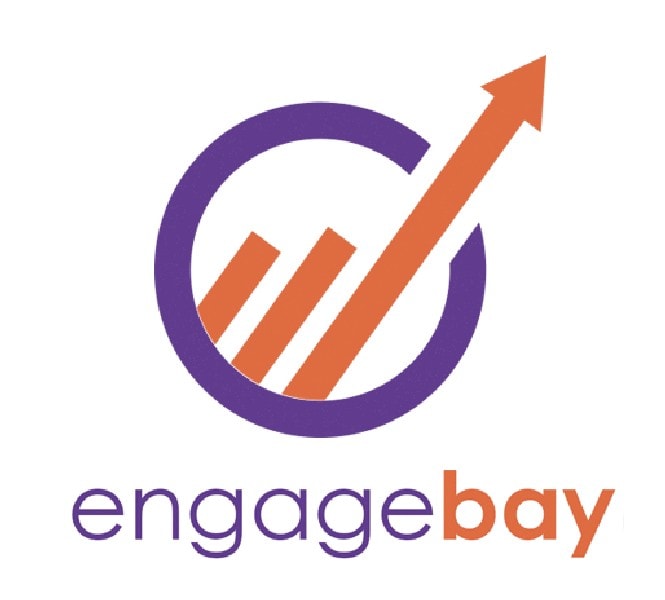A Customer Database is an organized set of data about individual customers or prospective customers. This data is captured and maintained to gain insights that can help improve customer relations, marketing efforts, and other business processes. Customer databases typically store valuable data such as names, phone numbers, physical addresses, and emails of customers. This information can be used to track customer activity and optimize services accordingly.
Sales professionals use the database for having personal details and valuable data of the customers to channelize personalized sales campaigns, automate the sales funnel, and optimize the sales process of small businesses as well as big enterprises. It might also include past purchases and future needs of the customers to ensure user engagement and optimize customer satisfaction.
Table of Contents
What is a Customer Database?
The customer database is defined as the collection of valuable data from existing and potential customer bases that incorporate vital information to run result-driven sales and marketing campaigns with automated workflows and optimized customer experience.
Companies always maintain a record of the customers they currently have and the ones that can turn into their customers. This is the database of a company. It is used to store the customers’ details, purchasing habits, latest interactions, contact details, client data, etc.
To understand what is customer database better, let’s understand how client database software is used by Amazon for effective customer data management –
Customer Database Example
Whenever an individual signs into their Amazon account, they can access the customer database which contains multiple pieces of information, including details such as name, address, transaction history and more.
This is a great tool that allows customers to manage all their purchases from one place.
Amazon maintains a database of its customers’ purchase information, including the products they have bought and those that were shipped to them. It’s kept up-to-date in real-time.
The Amazon customer database holds all the crucial data related to orders; whether it is canceled, returned or a misstep in the confirmation procedure. Furthermore, it stores any potential problem related to the product that was ordered.
What is a Customer Database Used For?
A database is crucial to any business operation, as it stores and organizes customer data which can be used to segment customers into various categories. Moreover, it also helps businesses identify potential growth opportunities by analyzing the acquired customer data.
Businesses can gain a better understanding of their customers and tailor their marketing strategies accordingly by making use of a customer database. This helps them gain valuable insights into the behavior and preferences of customers.
An effectively managed database can improve customer service in multiple ways. For example, it provides quick access to crucial information about individual customers, making it easier for businesses to respond promptly and effectively to inquiries or requests.
All in all, it is the basis of effective contact management to generate more leads, more deals, and more conversions. The customer service database helps the firm in managing the unlimited records of the contact information to deciding the future course of actions of the respective owners, as it helps them understand consumer behavior and design their products accordingly.
The list of potential customers is used to increase sales. CRM features of customer database software further help the firm to provide personalized services to the customers by taking insights from their purchase history and behavioral preferences.
What should be included in a Customer Database?
Based on the company’s goods and services, the details of customers they require may also be different. All these details of all the company’s customers are what make the database of the company.
Different types of data that should be in a customer database are-
- Personal details like name, title, and email address or video conferencing handle of the contact
- Date when the customer executive last talked and what he or she discussed
- Leads’ source and their lead scores
- Orders made by a customer and how much they spent
- Recent website visits or other brand engagements of the target customer
- Other important data like the name of the customer’s kids or pets, their birthday, their favorite hobby, or any other personal data to develop a relationship and run a personalized campaign
Why are customer databases important?
Customer databases are immensely important for businesses to record and handle customer data. They offer the opportunity to organize, store and analyze customer information and customer interactions so that companies can better grasp their customers’ preferences & needs.
With the help of customer relationship management software, businesses can get important insight and make data-driven decisions regarding their marketing, product lineup, and customer service initiatives. By choosing the best-suited database software solutions, businesses can not only manage customer data but also optimize lead generation, conversions, and sales.
Analyzing the best customer database solutions for your business is an important part of business growth. It plays a key role in managing customer data and offering valuable information about customer behavior patterns. These details can be used to create tailored strategies targeting specific groups of customers.
What is CRM Database?
A CRM (customer relationship management) database can be understood as a resource that incorporates all client information and personal details and assists in accumulating, governing, transforming, and sharing that information across an organization.
A CRM database comprises marketing and sales reporting tools used for leading sales and marketing campaigns and optimizing customer engagement. 3 types of CRM database used are-
- Operational CRM – It is used for streamlining business sales as well as marketing, and service tasks
- Analytical CRM – It is used for assisting business leaders in planning and deciding the best ways to serve customers better
- Collaborative CRM or Strategic CRM – It is used for sharing customer information with different business units to do their jobs more efficiently
Best Customer Database Management Solutions
Customer data is a valuable asset. However, you cannot hand it over to any software or database without knowing its credibility. Some examples of widely used customer databases are given below.
1. Oracle RDBMS
It is used by companies like Amazon, Walmart, Costco, Target, etc. They use Oracle RDBMS because it supports large databases, occupies less space, and decreases processing time. Also, a plus point is that it supports UNIX and Linux and Windows, all three operating systems.
2. SAP Sybase ASE
This database server is relational, designed to satisfy modern performance, efficiency and reliability. Nowadays, it is used in various fields, including the financial sector, healthcare services, transportation, retail industry, and telecommunication as well! It is capable of performing millions of transactions at a much faster rate than others. It does this with the help of cloud computing and consistent synchronization of software with mobile devices.
Benefits of using a Customer Database
Database is of immense importance to the growth of a business. Marketing and sales can be improved a lot with the help of the data that one gets. All that is required is to analyze and strategize. Here are some of the advantages of customer databases.
1. Simplicity
The organized way in which data is stored in a database makes it much more helpful. It becomes a convenient and fast process to retrieve any data that you want.
2. Analysis
Various tools can be used to analyze data when it is stored in a machine. Microsoft Excel, Power View, and Power Pivot make analysis simple and interpretation of the data much more accessible.
3. Data privacy and security
The identity of the users is authenticated. Only the users who are authorized can access the data that conforms to the database’s security features. There are various levels at which a particular user can view data. All the users aren’t allowed access to all the data, thus maintaining the security and privacy of the consumers’ data.
With so much emphasis on the statistical techniques and applications to develop various models and make predictions, data is a must. Tools for business intelligence help enhance the various operations in business and make correct decisions.
Thus, maintaining a database can be a useful tool for utilizing various machine learning and artificial intelligence methods. This helps predicts the various outcomes of a decision and its probabilities, making the decision-making process a lot easier.
Best Customer Database Software Solutions
Some of the best customer database tools that may help small business as well as big business enterprises in utilizing value customer data for optimizing sales and marketing campaigns are-
1. Act!
Act! is a database software that manages your customers’ information efficiently. Effective email marketing, database reports, and insights, extensive online training resources, technical support are notable features.
2. Hubspot
It is a free database software that offers marketing, sales, customer service, and content management modules, among many other features. With its free CRM solutions, you will get reporting dashboard, deal tracking, company insights, pipeline management, email integration tacking and notifications, prospect tracking, meeting scheduling, sorts of feature sets.
3. Nethunt
Nethunt works in integration with Gmail and Google applications. It thus helps make all interactions with the customers using Gmail. Moreover, its simplicity makes it suitable to use. By using this database tool, you can automatically structure your business data associated with customers, leads, pipelines, and communication.
4. Netsuite
This is perfect for wholesale distributors and multi-channel retail businesses. Some of its notable features are hosting eCommerce stores, order management, and accounting features. With the help of this database app, you can alleviate and automate tasks like lead capture, lead nurture, data entry, sales process, etc.
5. Insightly
It is a user-friendly and powerful software, appropriate for all business sizes. Its notable features are the free app for smartphones and contact tagging. It is one of the best CRM for growing companies. You can use it to store unlimited contacts for sales and marketing automation. Cut down your marketing and CRM costs by over 90% without losing on any features.
6. Mailshake
It is software that helps businesses of all sizes with popular email marketing services, link building, lead generation, content promotion, and much more. An extensive library of templates, G-Suite integration, Automated follow-up emails, and real-time analysis of any campaign are some features.
7. Really Simple Systems
Really effective software for business growth, Really Simple Systems maintains the much-needed contact with the customers. Built-in mail tracking, tracking customer support, etc., are some of the notable features.
8. Zendesk
Zendesk offers customizable tools for building customer service portals, online communities, and a knowledge base. The live chat features and integration with applications like Google Analytics and Salesforce are the main features of Zendesk.
9. Salesflare
This is advanced software with many great features like Automatic contact updating, built-in mail tracking, and calendar reminders. Small businesses involved in selling B2B can generate more sales with less work by using this CRM, as it offers fully automated contact and company info, crucial export reports, automatic logging of meetings and phone calls, a handy document folder per customer for document management sorts of amazing database services.
10. EngageBay
It is an all-in-one marketing and sales tool appropriate for small and medium businesses. Live chat, helpdesk, marketing automation, and sales & CRM are some notable features. Opt for this CRM database software to align your sales, marketing, and support teams around the single view of your customers. It offers tools like Email Marketing, Lead Generation tools, Marketing Automation, Landing Pages, etc.
So, these were some of the database tools whose free trial you may take to choose the best suited option that fulfills your specific requirements of lead generation, conversions, and sales.
Here you can find a promo code from EngageBay with which you will get a significant saving if you subscribe to this tool.
How to create a customer database?
It’s up to you to decide on the contents but to make your life a bit easier, we’ve collected a few recommendations about getting and formatting the data:
1. Plan for the future
When taking your business to the next level, the number of customers you have will increase. Planning ahead is essential to ensure the successful scaling of data flow, even when starting with one simple worksheet or SQL table.
It’s wise to adhere to fundamental data storage fundamentals early on to maintain an organized and efficient system.
- When creating tables, it is important to keep them organized and tidy. Refrain from using merged cells or too many macros as it can make the visualization more complicated to read.
- Static data is information that is only inputted once and remains the same. On the other hand, Business Process-related data can change based on certain circumstances & conditions like the number of orders placed, total amount spent, etc.
- When typing numbers, it is important to select the correct formatting style. Options include percentage, currency, accounting, number, and scientific formats.
2. Keep the database relevant by avoiding unnecessary information.
Keeping data usage low has many benefits. Overloading yourself with large datasets can have a negative impact, such as difficulty in managing, loss of accuracy, and a greater risk of errors.
- Unnecessary information can cause a strain on servers and require increased spending to make sure accuracy is maintained.
- The search process can be complicated by the usage of AI writing assistants.
In order to spare yourself any inconvenience, make sure to get insight into what data is needed before adding it all up. Talking to the people that would be using the user database can help you determine what kind of information should go into it.
3. Foresee or launch the autocomplete of data fields
It’s wise to take this essential step, especially if you intend to use multiple data sets or external applications, such as CRM programs, marketing & email automation tools, etc.
Copying and pasting tables can be a laborious task and not very feasible in certain cases. APIs or custom programming code may be the better solution for automating the process of merging or transferring data.
4. Outline the policy for interacting with the database
Developing products or services that are likely to be used by multiple people?
It might be a good idea to create a README file or provide guidelines on a corporate wiki platform. This will help ensure your users know how to correctly use the product/service.
5. Appoint the owner and editors
Maintaining an up-to-date customer database is essential to ensure its accuracy.
To be able to do this, it is important that roles & responsibilities are well-defined: who will be responsible for keeping the file, which personnel or job roles have editing rights, and who may only view the file.
Benefits of a Customer Database
Some of the upsides of customer management software are
1) Companies can create organized profiles for offers
Having a customer database helps organizations to effectively manage customer information, making it easier to organize and access data when needed. This is one of the main benefits of managing a customer database.
2) Ensures Better customer service
Keeping all customer data in one location makes it easier to offer exceptional customer service. Consolidating your customer information in a single spot helps streamline the process and make sure no details are overlooked.
3) Targeted campaigns
Keeping a customer database is an effective way to gain insight into the various characteristics of your consumers. This includes their demographic, geographic location, user behaviors & interests which can help you better understand them.
Tips to use a Customer Database to improve your Marketing & Sales Efforts
- To effectively utilize customer data, organizations should take a targeted approach to their databases.
- Be proactive when it comes to data collection & analysis, as it can help create unique user experiences tailored for specific segments. Having an organized strategy for gathering & understanding data is essential for success.
- It’s important to track user behaviors on your site, as their interactions can provide valuable insight into the context of your website. Knowing this information can help you to better tailor experiences for each user.
- It is important to get to know the needs and preferences of your users to design experiences that are personalized and cater to different segments. A good foundation in understanding user requirements will ensure that you make successful interactions.
Conclusion!
How important do you consider a customer database in improving sales and marketing campaigns of businesses? Also, share your favorite customer database management software with us in the comment section below.
Here is a video by Marketing91 on the Customer Database.
Liked this post? Check out the complete series on Customer Management

